Coach Evans Liolin
In early September, the coaches committee announced that Evans Liolin would be joining the Riverside coaching staff, and taking up the reins of the HPG program. Evans brings an abundance of knowledge and experience to Riverside with him, having served as a coach for multiple collegiate programs which have seen successes on the IRA and Eastern Sprints stages. Evans also has significant experience leading multiple tiers of national team athletes, from junior to senior. He has even spent a few years here at Riverside too.
Annalise Routenberg: First, welcome back! What was your previous role at Riverside?
Evans Liolin: When I began coaching at Northeastern, Joe Wilhelm, who was coaching the lightweight development group here, invited me to come on as an assistant. So, in the beginning of my collegiate career, Riverside became a proving ground and coaching grad school. I got to work with some driven, skillful, fun guys and we raced a lot. A year or so later we had another fierce group of lights and then some very strong heavyweight men who went on to row in some really fast crews. The women here were firing on all cylinders, too. Around that time, I began coaching the Junior National Team along with the BB&N boys and lower boats at Belmont Hill. Buzz Congram, Joe, Chris Richards and Charley Butt were all early influences and mentors for me.
AR: Where did you learn to row?
EL: I learned to row at Nobles, in Dedham. Best thing that ever happened to me. Coincidentally, the ’36 Olympic Four, the “other” boys in the boat, were all Nobles grads, racing for Riverside.
AR: Did you go on to row in college?
EL: I raced for the University of New Hampshire, and then transferred to UChicago, which had a small club and no coach. I was training on my own, and some friends tricked me into coaching them. We had an ‘us against the world never say die’ mentality and had a lot of fun doing the hardest workouts we could create.
AR: So you are in a similar role now to your previous experiences here at Riverside?
EL: It’s a more focused role, with unambiguous goals. Women and men, open and light. Smaller group, higher aspirations.
AR: What are some goals you have for the HPG squad this coming season, year, and for the future?
EL: The immediate goal is to improve durability. We’ll train toward high performance, and then we’ll go as fast as we can. No limits. The Speed Order this fall will be a step along the way, a great opportunity for them to race some fast competition in another great environment. Frequently in our sport, you can find a diamond in the rough, and Riverside is a place where someone like that can thrive, take some risks alongside more seasoned athletes. My job is to clear a pathway so the entire group can pursue this with abandon, to guide an exhaustive effort that ultimately they own. The team culture helps to propel and support them. The long term HPG goals are very clear: to make National and Olympic Teams, and to produce medals for the U.S. We’ve opened the doors to see who’s out there, but we’ll raise the bar soon. The level of their work will determine whether the group size grows.
AR: Tell me about why you’re excited to be back at Riverside.
EL: Riverside is a really energetic place and the athletes here want to crank. Rowing hard is a common denominator in this club, but it’s the stories behind the people that are equally fascinating. When I was building the junior national team here in Boston, I was rigging for the club and remember some great conversations down in the shop with fantastic coaches, eventual national teamers and Olympians. Over the years, I’ve brought all of my collegiate coxswains here to learn the Head of the Charles course and to show off my old stomping grounds. I’ve wanted them to feel a part of the fabric of American rowing, and Riverside has played a significant role in that. These floorboards are drenched in champion sweat, and this group is going to add a lot more.


